Mr. Pyon Young Hwan, Director of Foreign Exchange and Derivatives Trading (Shinhan Bank Vietnam) highly appreciated Vietnam's outstanding results in attracting high-quality FDI capital flows, in the context of global FDI stagnation.
 |
| Mr. Pyon Young Hwan, Director in charge of Foreign Exchange and Derivatives Trading (Shinhan Bank Vietnam) |
According to him, FDI capital is important to promote growth and export and this capital flow will continue to flow strongly into Vietnam.
In your opinion, what are the bright spots of Vietnam's economic situation in the first four months of the year? In addition, what are the points to note?
In the first quarter of 2024, Vietnam's economy showed a recovery with growth reaching nearly 5.7% year-on-year thanks to an increase in exports and the manufacturing sector, as external demand recovered.
Industrial production recovered with increased output and new orders. In addition, domestic demand also improved thanks to the boom in tourism and Vietnam continued to attract high-quality FDI inflows, in the context of global FDI slowing down due to world uncertainties.
Overall, all sectors have shown good improvement. The Manufacturing Purchasing Managers’ Index (PMI) in April 2024 reached 50.3 (above the 50 threshold), indicating that the manufacturing sector is growing again. In particular, from the good performance in the first quarter of 2024 of major electronics companies globally, Vietnam, a country that plays an important role in the electrical and electronics supply chain, is showing its strength in the recovery of the global technology sector.
Although exports in April 2024 decreased compared to the previous month, they still increased by 10.6% compared to the same period in 2023 and maintained double-digit growth. The import growth rate in April was 19.9%, higher than March 2024 (9.7%) and higher than expected (16.4%).
By the end of April 2024, public investment disbursement reached 16.41% of the total annual plan. The disbursement rate of public investment capital in all sectors has improved, however, the disbursement progress has not yet reached expectations, so ministries, branches and localities need to quickly resolve related problems to speed up the disbursement of public investment capital in 2024.
On average, in the first 4 months of 2024, the CPI increased by 3.93% over the same period last year, approaching the Government 's target of controlling inflation at 4 - 4.5%. Therefore, in my opinion, it is necessary to prepare for an economic recession if external fluctuations increase in the future, because the Vietnamese economy is very open.
In addition to the "traditional" advantages, what, in your opinion, has helped Vietnam achieve positive results in attracting FDI in recent times?
Vietnam has comprehensive strategic partnerships with China, Russia, India, South Korea, the US, Japan and most recently Australia. Vietnam’s investment attractiveness has increased partly due to increased cooperation with major countries. In addition, free trade agreements that Vietnam has participated in, such as the Vietnam-EU Free Trade Agreement (EVFTA), the Comprehensive and Progressive Agreement for Trans-Pacific Partnership (CPTPP), the Vietnam-UK Free Trade Agreement (UKFTA), etc., have also created favorable conditions and environments for Vietnam to gain relative advantages in trade and investment activities.
Meanwhile, as the competitiveness of Chinese products weakens due to the heated competition between the US and China, Vietnam's geographical location near China and its affordable labor force also help attract investment from multinational companies.
In particular, the recovery of FDI inflows into textiles and garments, a traditional FDI industry that had stagnated, is considered a positive signal for Vietnam. FDI enterprises contribute over 60% of total textile and garment export turnover and profits in this sector are increasing. Thus, in addition to the recovery of the information technology industry, the traditional, solid industry has also recorded an upturn.
What are your recommendations on the policies that Vietnam needs to implement in the short and medium term to maintain growth momentum in the second quarter, in the remaining months of 2024 as well as the following period?
With an economic structure heavily dependent on foreign countries, attracting FDI is important for Vietnam to boost exports and growth. In the short term, the application of global minimum tax in Vietnam starting this year may lead to a decline in investment capital flows from FDI enterprises to Vietnam in the future.
Accordingly, Vietnam needs to prepare attractive support policies to encourage competition, which can replace corporate income tax incentives, such as simplifying administrative procedures or new policies on land support.
In addition, it is necessary to prepare and implement policies to provide stable electricity supply. Through the application of the Direct Power Purchase Agreement (DPPA) mechanism, Vietnam can promote the development of renewable energy, attract more FDI enterprises...
In the medium term, continuing the "bamboo diplomacy" policy in foreign affairs will create confidence in political stability and the investment and business environment for FDI enterprises that have entered Vietnam and plan to enter Vietnam.
In particular, the Government's move to extend the reduction of value-added tax is highly appreciated as a measure to support businesses and production activities. Such tax and fee exemptions and reductions will help stimulate consumption and reduce the burden on businesses. However, due to the implementation of economic support activities through various financial measures since Covid-19, national revenue has decreased. Therefore, continuous monitoring and preparation for the situation of increased public debt due to reduced tax revenue must be carried out in parallel.
Source: https://baodautu.vn/dong-von-fdi-se-tiep-tuc-chay-manh-vao-viet-nam-d215293.html


![[Photo] 60th Anniversary of the Founding of the Vietnam Association of Photographic Artists](/_next/image?url=https%3A%2F%2Fvphoto.vietnam.vn%2Fthumb%2F1200x675%2Fvietnam%2Fresource%2FIMAGE%2F2025%2F12%2F05%2F1764935864512_a1-bnd-0841-9740-jpg.webp&w=3840&q=75)
![[Photo] National Assembly Chairman Tran Thanh Man attends the VinFuture 2025 Award Ceremony](/_next/image?url=https%3A%2F%2Fvphoto.vietnam.vn%2Fthumb%2F1200x675%2Fvietnam%2Fresource%2FIMAGE%2F2025%2F12%2F05%2F1764951162416_2628509768338816493-6995-jpg.webp&w=3840&q=75)




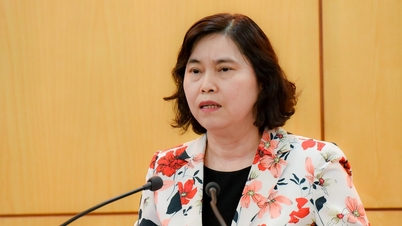

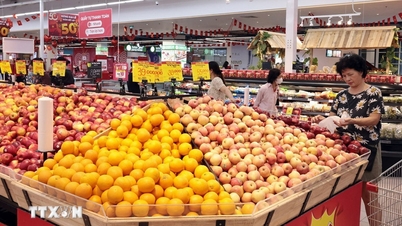



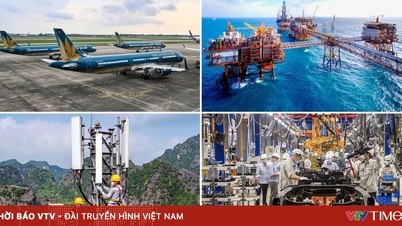

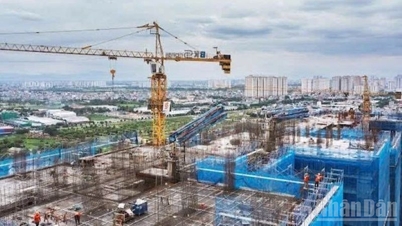

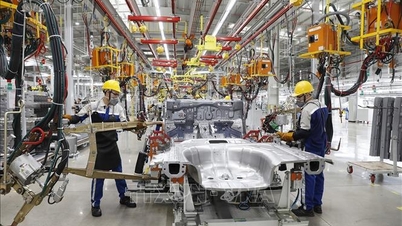

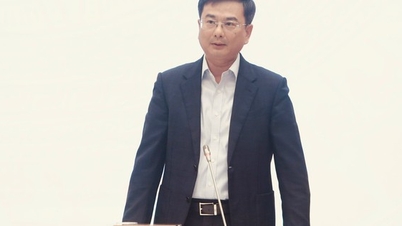

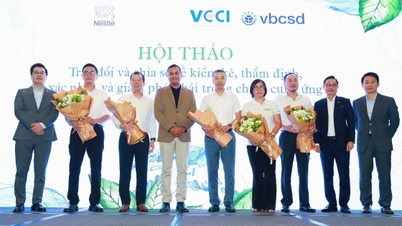

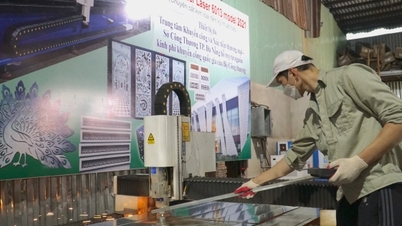
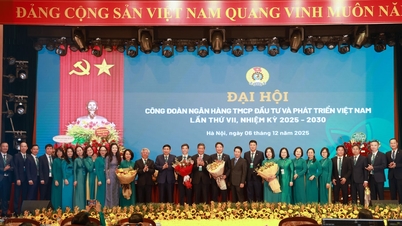


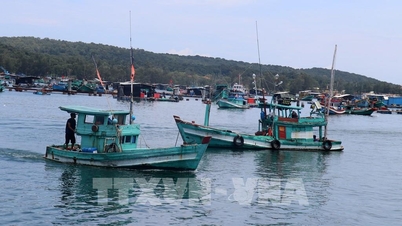





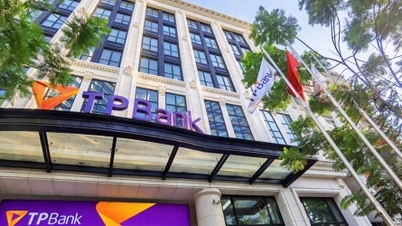









































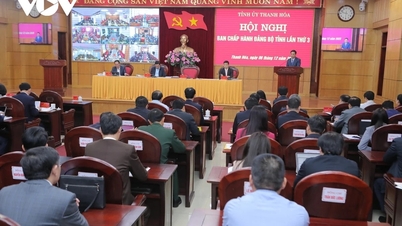





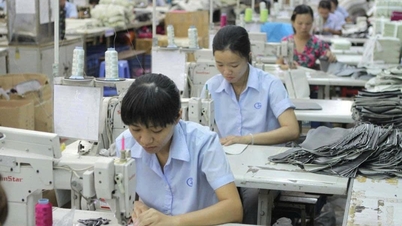
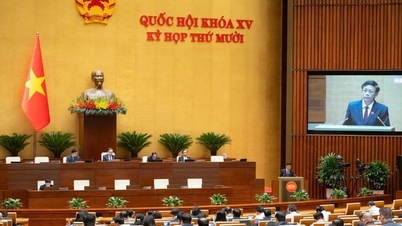

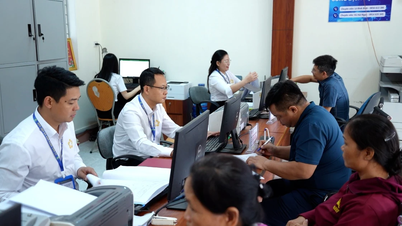

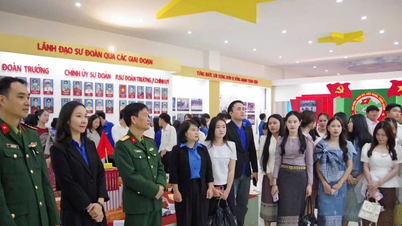


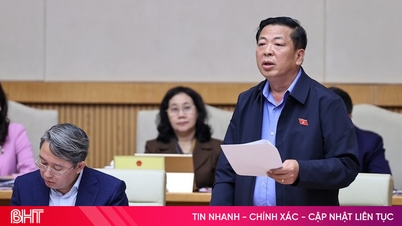

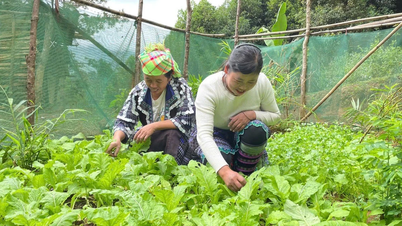



















Comment (0)